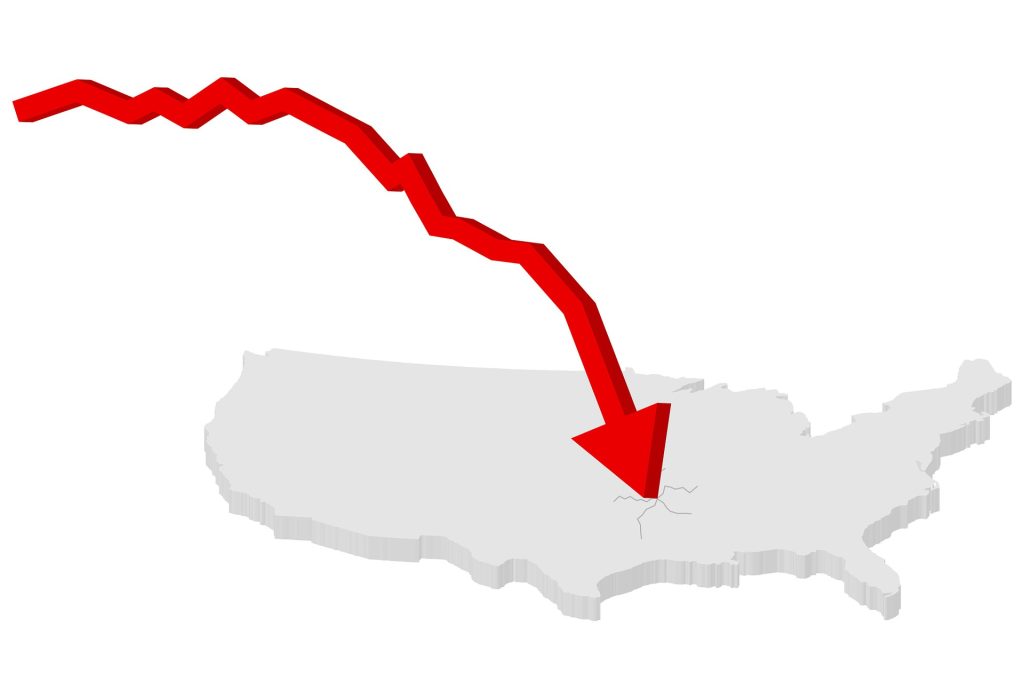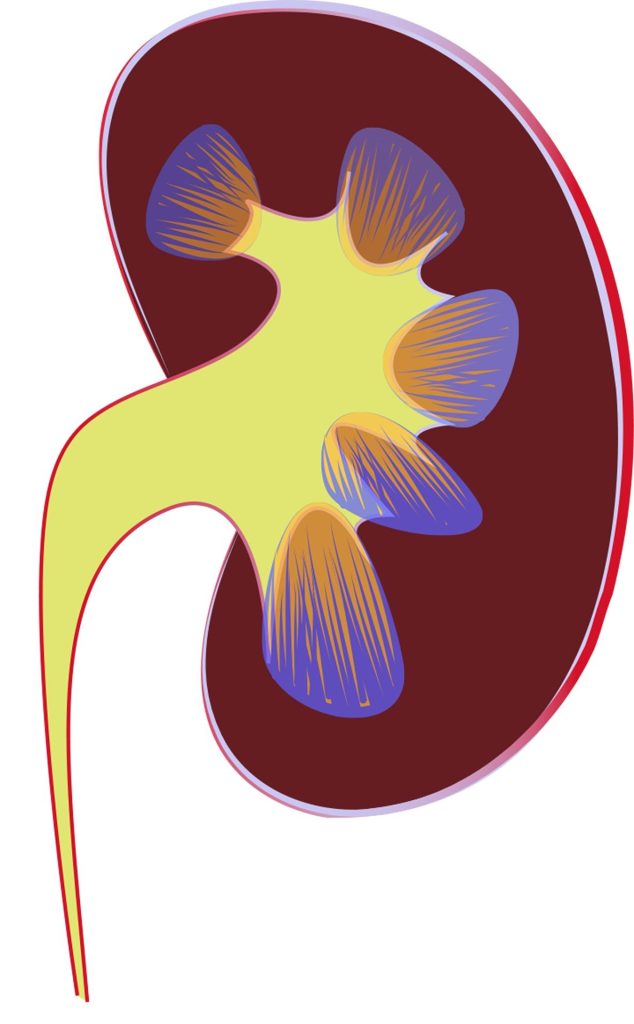
The world has more than a billion people without access to water. The world’s two billion people are affected by water scarcity every year. Poor water quality can lead to diseases such as cholera and typhoid fever and can also cause economic decline. By 2025, two thirds of the world’s population could face water shortages.
Benefits of drinking water

About 60 percent of the earth’s surface is made up of water and 70 percent of the planet is covered by water. Water is important for lubricating the joints, delivering oxygen throughout the body, and preventing kidney disease. Drinking water has a number of beneficial effects. It is important to prevent damage to the kidneys.
Aid weight loss
Water can increase satiety and stimulate the metabolic process. Water is the best before meal. The people who drink water lose more weight than the ones who don’t drink water. It’s possible to feel fuller so that you eat less. You can lose weight if you drink lots of water. It can also help you to lose weight by eating less food.
May help treat kidney stones

During a higher intake of fluid, the volume of urine passed through the kidneys increases. Because of the decrease in concentration, the minerals are less likely to form clumps. Studies need to confirm that water can prevent the formation of stones. However, there is limited evidence that drinking water can help prevent the development of stones.
Prevent hangovers
Alcohol causes you to lose more water than you drink. If you want to reduce the risk of a bad night, drink a glass of water between each drink. You should have at least a glass or two of water before you go to bed.
Maximize physical performance
Staying hydrated can help you perform at your best when exercising. Athletes lose up to 6 percent of their water weight through sweat. This can lead to a change in body temperature regulation. If you lose 2 percent of your body’s water, you can experience dehydration.
Sources
The best source of fluid for the human body is water. Milk and juices are good sources of fluid, but beverages with alcohol and caffeine are not ideal because they often have empty calories. It was believed that the body releases water from the effects of caffeine. There are studies that show that the loss of water is minimal when drinking tea or coffee. We lose water when we sweat and urinate but it is not lost when we breathe. It is possible to get some of the water that the body needs from foods with high water content.
Recommended intake
The recommended daily intake of water for men and women is 3.8 liters. Most of the drink should come from water and the rest from food. Fresh fruit and vegetables are counted. The amount of water that can be consumed is non-determinate. On what is considered a healthy fluid intake there is general agreement.
About dehydration
It happens when the body loses more water than it takes in. Water is a part of the human body. It lubricates the joints and is good for the environment. A baby may be dehydrated if he or she has a sunken spot on his or her head. They have less tears when they cries.
Symptoms of dehydration
Dehydration can be mild, moderate or severe depending on how much of your body weight is lost through fluids. Red or black urine indicates dehydration. Other symptoms may include dizziness or lightheadedness. If you don’t get enough water, it can affect your health and increase your risk of developing kidney stones.
What to do
Drink lots of water if you are dehydrated. If you find it hard to keep drinking water because of vomiting, try drinking smaller amounts more often. If left unattended, dehydration can cause death and brain damage.
When to see your GP
If your baby has had six or more episodes of vomiting in the past 24 hours, or if they have vomited three times or more, you should contact your GP. A blood test or urine test can be performed to check the balance of salts in your body if your doctor suspects dehydration. Is your child dehydrated? If so, you should see your doctor immediately. You can contact your GP out of hours or the 24-hour hotline if you have any of the following symptoms.
Preventing dehydration
By drinking water, you can prevent dehydration. Pink or clear urine is a good sign that you’re well hydrated. You should drink more water when you are sick. Squash and water can help reduce dehydrateness. It is possible to buy oral rehydration solutions at a pharmacy.
Leave a Reply
You must be logged in to post a comment.